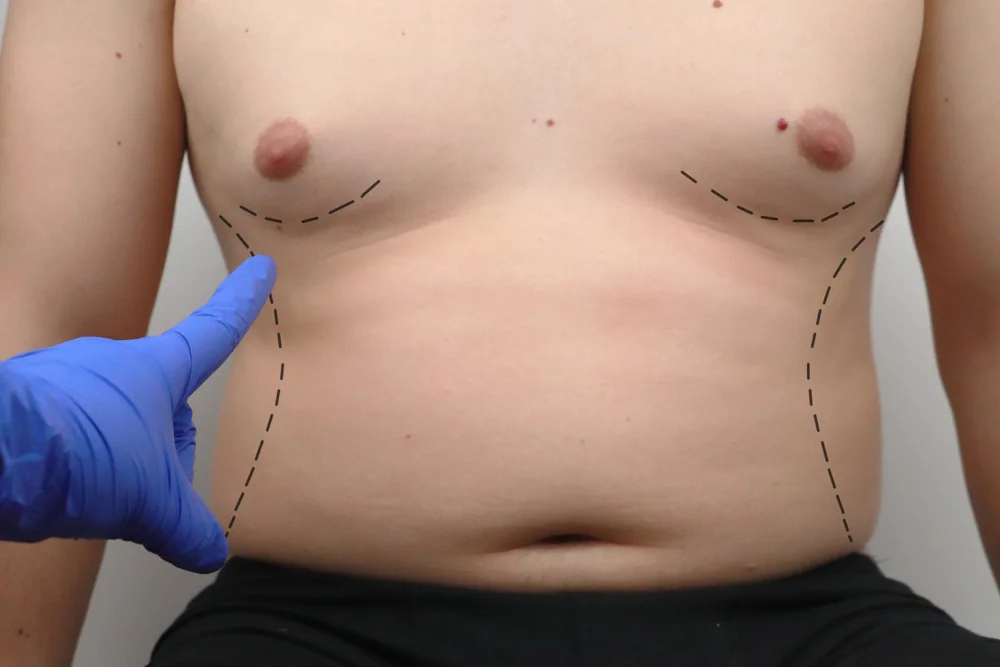The Complete Guide to Gut Health: How to Keep Your Digestive System Strong and Balanced

Gut health has become a major focus in recent years, and for good reason. The gut, often referred to as the body’s “second brain,” plays a critical role not only in digestion but also in overall health. A well-functioning digestive system can impact everything from nutrient absorption to immunity, mood, and energy levels. Understanding how to maintain a healthy gut is essential for long-term wellness.
Understanding Your Gut
The gut is made up of the entire digestive tract, including the stomach, intestines, and colon. It houses trillions of microorganisms—bacteria, fungi, and viruses—collectively known as the gut microbiome. These microorganisms help break down food, produce vitamins, support the immune system, and maintain a healthy balance within the body.
A healthy gut has a diverse microbiome where “good” bacteria outnumber harmful bacteria. When this balance is disrupted, a condition known as gut dysbiosis can occur, leading to digestive issues, inflammation, and even problems beyond the digestive tract, such as fatigue, skin conditions, and mood disorders.
Signs of an Unhealthy Gut
Recognizing gut issues early can prevent long-term complications. Common signs of an unhealthy gut include:
- Bloating, gas, or excessive stomach discomfort
- Irregular bowel movements, including constipation or diarrhea
- Unexplained fatigue
- Food intolerances or sensitivities
- Skin problems such as acne or eczema
- Frequent infections or a weakened immune system
If you notice these symptoms consistently, it may be time to evaluate your diet and lifestyle habits.

Essential Habits for a Healthy Gut
Maintaining gut health relies on a combination of nutrition, lifestyle, and mindful habits. Here are some of the most effective strategies:
1. Eat a Fiber-Rich Diet
Dietary fiber is essential for digestive health because it feeds the beneficial bacteria in your gut. Vegetables, fruits, legumes, and whole grains are excellent sources of fiber. Fiber not only supports digestion but also helps regulate blood sugar levels and promotes feelings of fullness.
2. Include Fermented Foods
Fermented foods like yogurt, sauerkraut, kimchi, and kefir contain natural probiotics that help replenish good bacteria in the gut. Probiotics are beneficial microorganisms that support digestion, strengthen immunity, and maintain a balanced microbiome.
3. Stay Hydrated
Water is crucial for digestion and nutrient absorption. Adequate hydration helps move food through the digestive tract, prevents constipation, and supports overall metabolic functions. Drinking enough water throughout the day keeps your gut functioning smoothly.
4. Limit Processed Foods and Sugar
Highly processed foods, excessive sugar, and artificial sweeteners can disrupt the gut microbiome by promoting the growth of harmful bacteria. Minimizing these foods in your diet encourages the growth of beneficial bacteria and reduces inflammation.
5. Chew Food Thoroughly
Digestion begins in the mouth. Chewing food thoroughly breaks it down into smaller particles, making it easier for your stomach and intestines to process nutrients. This simple habit can improve nutrient absorption and reduce bloating.
Lifestyle Choices for a Healthy Gut
Gut health is not solely determined by diet; lifestyle habits play a major role.
- Manage Stress – Chronic stress can negatively impact gut health by altering gut bacteria and slowing digestion. Mindfulness practices, meditation, yoga, and breathing exercises can reduce stress levels and support a healthy digestive system.
- Exercise Regularly – Physical activity improves blood flow to the digestive tract, supports regular bowel movements, and enhances overall gut function. Even moderate exercise like walking can make a significant difference.
- Prioritize Sleep – Quality sleep is critical for gut health. Poor sleep patterns can disrupt the gut microbiome and lead to digestive issues. Aim for 7–9 hours of restorative sleep each night.
- Avoid Overuse of Antibiotics – While necessary in certain situations, frequent use of antibiotics can disrupt gut bacteria balance. Use them only when prescribed and discuss alternatives with a healthcare professional when appropriate.
Common Gut Issues and How to Address Them
Even with preventive measures, digestive problems can occur. Here are some common issues and practical ways to manage them:
- Constipation – Increase fiber intake, stay hydrated, and incorporate physical activity to stimulate bowel movements.
- Bloating and Gas – Eat slowly, avoid carbonated beverages, and reduce foods that are known to cause gas, like beans and cruciferous vegetables, if they trigger discomfort.
- Acid Reflux – Avoid overeating, reduce spicy or fatty foods, and maintain an upright posture after meals.
- Irritable Bowel Syndrome (IBS) – Keep a food diary to identify triggers, manage stress, and maintain a regular eating schedule.
The Role of Prebiotics and Probiotics
Supporting gut health is often about maintaining a balance between probiotics and prebiotics. While probiotics add beneficial bacteria to the gut, prebiotics act as food for these bacteria. Foods rich in prebiotics include garlic, onions, asparagus, bananas, and whole grains. Incorporating both into your diet helps create an environment where healthy bacteria can thrive.
Conclusion
Gut health is the foundation of overall wellness. By adopting mindful eating habits, staying hydrated, managing stress, exercising regularly, and prioritizing sleep, you can nurture a balanced gut and improve digestion, immunity, and energy levels. Remember, a healthy gut doesn’t just support your digestive system—it enhances your overall quality of life.




